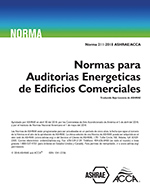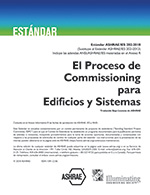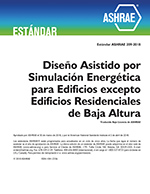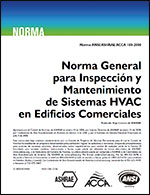Description
Infiltration and ventilation constitute major components of heating and cooling loads and serious consideration of their effects is required to obtain efficient facility performance. A recent NATO report cites one study in the U.S. in which infiltration accounted for 55% of the total heating load and 42% of the total cooling load.
To reduce energy utilization in new buildings, the 1973 HUD Minimum Property Standards allow 50% less heat transfer through buildings than allowed in the 1965 Standards. The primary means of achieving these requirements are specification of lower values of “overall heat transfer coefficients” and specification of “tighter” construction to minimize air leakage by infiltration. Similar criteria have been specified in the new AsHRAE Standard 90-75: Energy Conservation in New Building Design
Since control of building heating and cooling loads requires nearly 20% of the energy consumed in the U.S., reductions in infiltration and ventilation loads can significantly affect the national energy budget.
Product Details
- Published:
- 1976
- Number of Pages:
- 11
- File Size:
- 1 file , 740 KB
- Product Code(s):
- D-DA-76-20-1
- Note:
- This product is unavailable in Russia, Belarus




